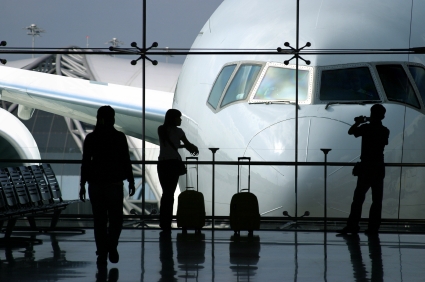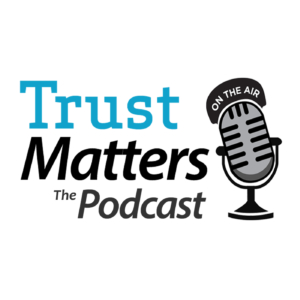 IKEA Empowers Employees and Customers
IKEA Empowers Employees and Customers
I took my daughter to IKEA today to help her bring some furniture home to her apartment. As we went to the checkout line, there were three self-service lines, and only attended checkout line. We chose one of the self service lines, and checked out very quickly.
As we took our purchases out to the parking area, my daughter commented that it would have been fairly easy for someone to slip through without paying. This was not one of those stores where people scan your invoices and receipts. There were only a few people checking.
Yet as we left, one of the attendants followed us and said, “Wait, wait you forgot one of your purchases.” Sure enough, we had. So I guess they were watching well enough, and she smiled graciously as we thanked her.
Clearly IKEA did trust their customers to some extent, and it also seemed like they trusted their employees to pay attention and do the right thing. My daughter said the experience made her feel like IKEA trusted her, and was looking out for her best interests at the same time.
US Air Gives a Passenger a Really Big Christmas Gift
The week of December 14, I flew from New York to Cincinnati to Charlotte to Toronto to New York, most of it on US Air. On the leg from Cincinnati to Charlotte, I accidentally left my MacBook Air computer in the seat pocket in front of me on the airplane. (Note to Steve Jobs: can you make the MBA a little less convenient, please?) When I got to the hotel I figured out what happened.
I first called US Air’s central customer service, which was a horrible experience. It ended with the person I talked to saying I should talk to TSA. I said that was ridiculous, and got back on the phone to the local Charlotte airport. There I learned that nothing had been returned from the flight and the plane had left for Birmingham. (Second note to Steve Jobs: can you make the MBA a little more clunky and visible, please?)
I managed to get to US Air’s Birmingham baggage office—and suddenly my problems were over. I met Veronica. Who is your basic goddess of travelers.
Veronica immediately understood my problem and offered to solve it. She called the gate to make sure someone checked the minute the flight landed. As soon as the plane landed, she found the computer and called me. I was extremely relieved, and asked if she could send it back on the next plane.
“Gosh, we used to do that, but insurance and so forth nowadays,” she explained. I asked for permission to speak to her supervisor. “Oh sure,” Veronica said, “no problem; maybe she can help you!”
Lisa is what you’d expect from a goddess’s supervisor. She listened carefully to my story, and explained their policy. They were willing to send it via FedEx. I explained I was willing to absorb the risk of damage. (Third note to Steve Jobs: could you please make the MBA a little more breakable?) What I really didn’t want was to not have it for the next day in Charlotte, and have to suffer the risks of FedExing it to Toronto. (No offense to FedEx, my carrier of choice).
She weighed the data, and made a spot decision. By herself. She asked Veronica to pack it very carefully and get it shipped to me on the next flight back to Charlotte (the last flight).
Good call, Lisa.
I went back to the airport and bit my nails, until a package came down the baggage chute. Carefully wrapped, it had a handwritten note in big letters on the outside: Merry Christmas Mr. Green!
US Air may not be perfect, but they got three things perfectly right. They hired Veronica. They hired Lisa. And they gave both of them the power to make smart decisions, on their own, when it came to customers.
Trust and Collaborative Capitalism
Shout out to both companies. Trust your employees to trust your customers. Trust begets trust, and everyone benefits.
This is collaborative capitalism, folks. This is not your father’s zero-sum game. This works.



 My good friend Judy bought a Lexus last spring, from
My good friend Judy bought a Lexus last spring, from .jpg) My mechanic taught me something the other day about being a Trusted Advisor. He screwed up in a big way. And I ended up trusting him more as a result.
My mechanic taught me something the other day about being a Trusted Advisor. He screwed up in a big way. And I ended up trusting him more as a result.